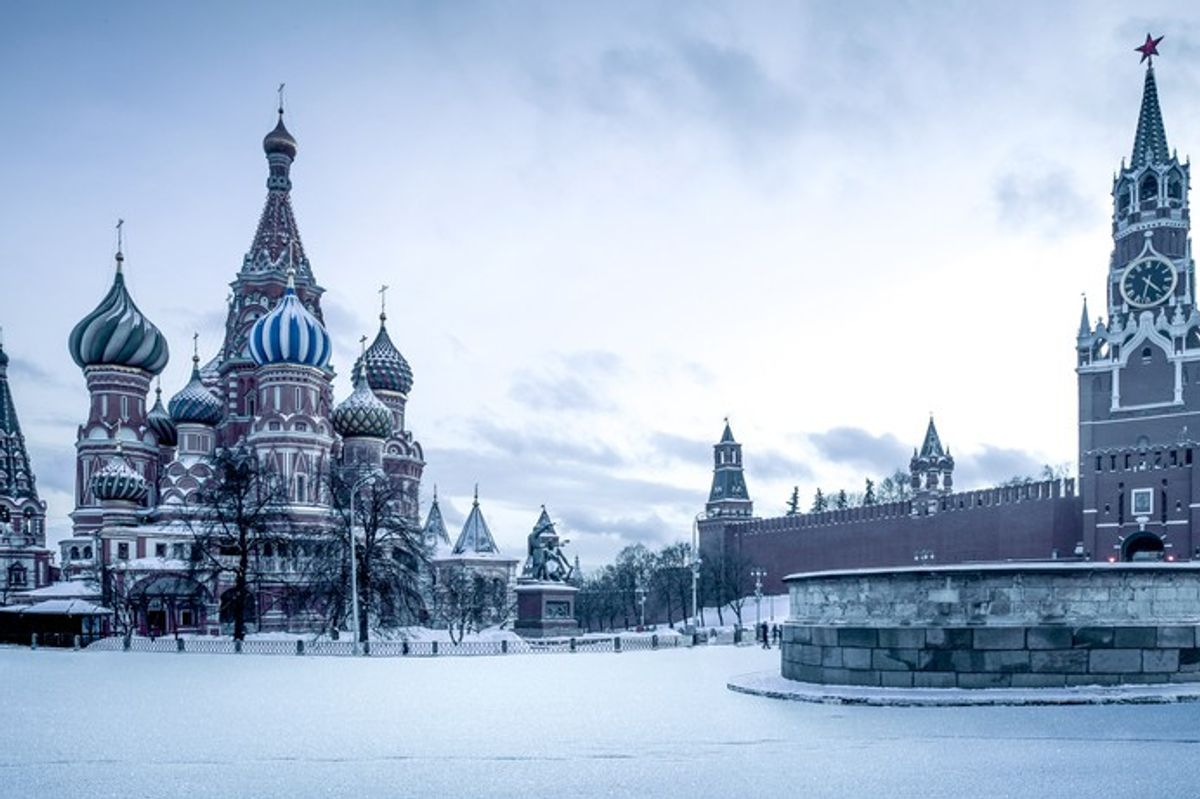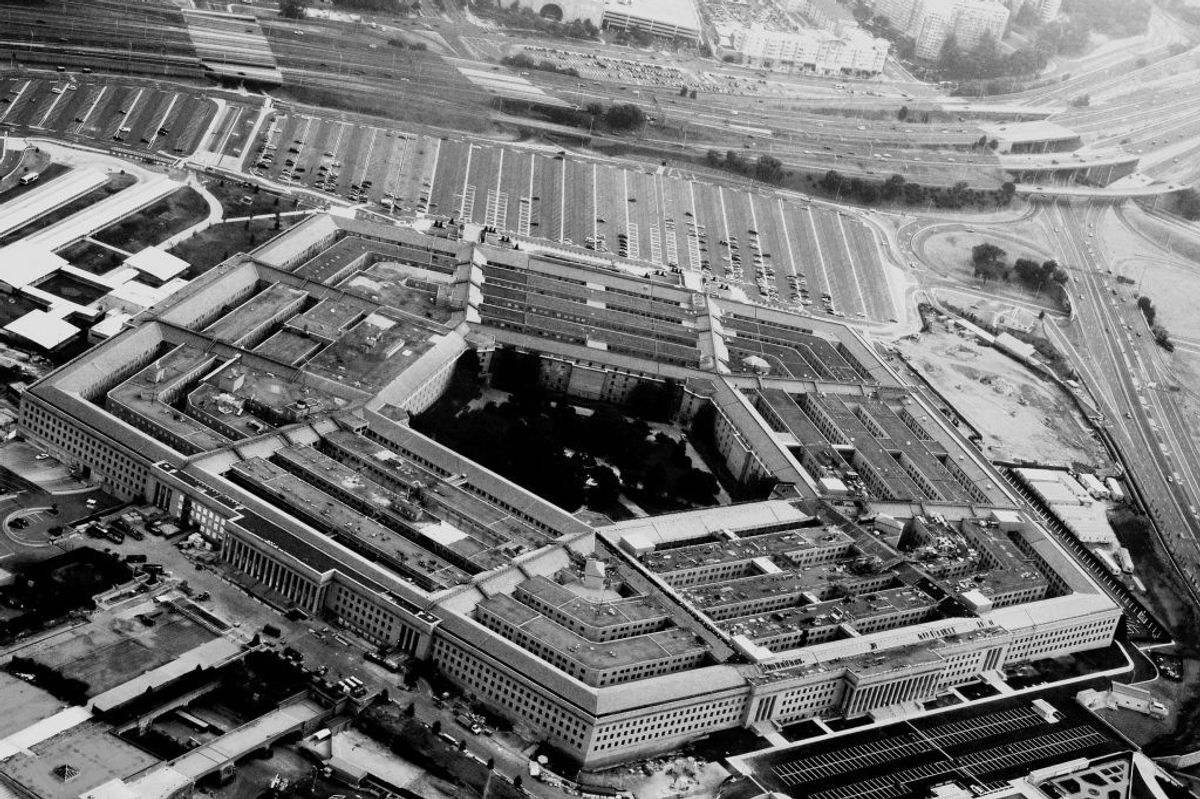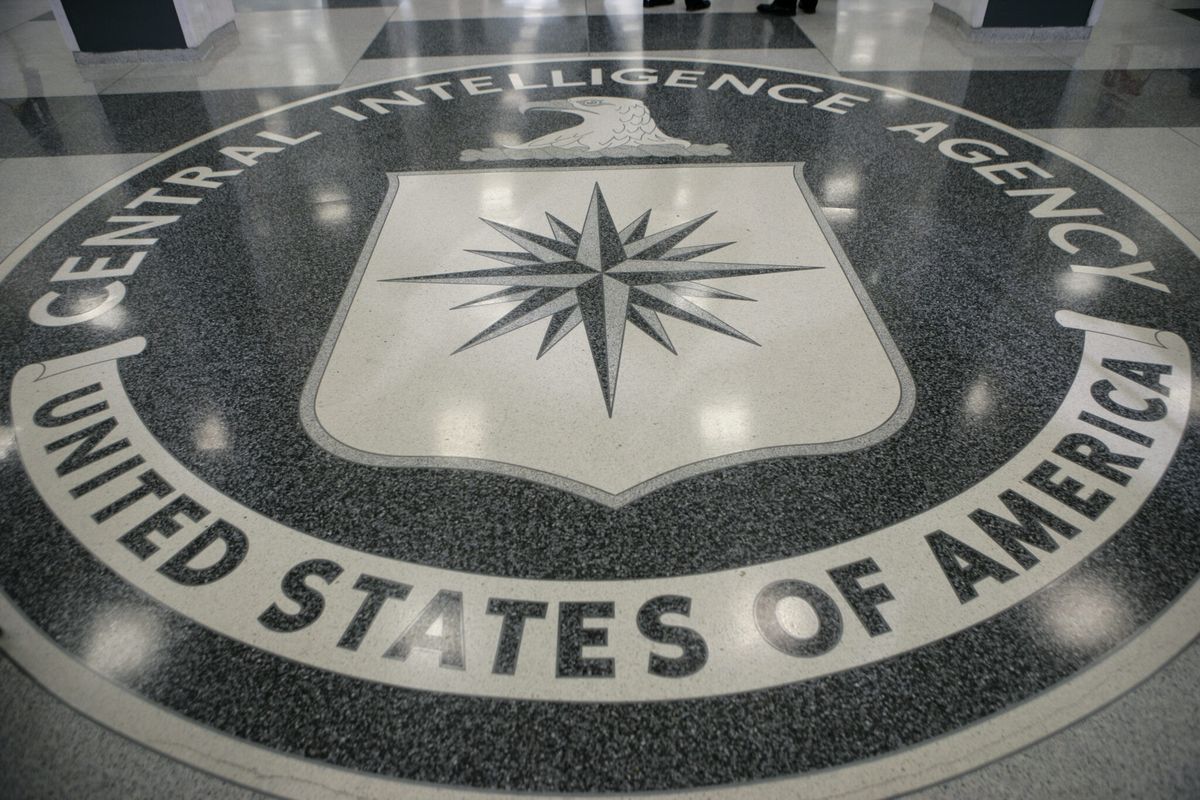Viewers can’t step out for popcorn while watching Homeland, or they might miss a fleeting glimpse of a person or object in a scene that foreshadows a later plot twist. Last week, while Dar toured the domestic propaganda operation, he noticed a photo on the computer of his co-conspirator, right wing TV host O’Keefe, and asked him about it. The photo, which only flashes for a brief second, is of Quinn. O'Keefe brushes Dar off and continues the tour.
Dar decides to probe further. He arranges to free Max, Carrie's friend locked up by O'Keefe's security after he is caught with a smartphone with a clandestine video of Dar and O'Keefe. Dar whisks Max away and asks him to hack O'Keefe's computer. Max discovers a website purportedly sponsored by Quinn and dubbed "Toxic Soldier," laden with conspiracy theories and threats against President-elect Keane.
After ten episodes of sheer villainy, Dar has revealed he may have a heart, or at least a soft spot, and it's his protégé and onetime lover Quinn. Is O’Keefe more evil than Dar, planning to assassinate the President-elect with Quinn as the patsy? Bad choice if so. The TV personality is no match for Dar, who has spent the season trying to protect Quinn by keeping him away from the conspiracy.
Quinn, meanwhile, left us with a cliffhanger at the end of the last episode as he stared down his rifle scope at the mysterious stranger, who is now at the same safehouse where Quinn’s special ops team used to stage. Quinn doesn't shoot but reveals to Carrie that the stranger switched vans for the bombing, and Seikou's original van is in the very house they're observing. Carrie enters the house alone and confirms Quinn's news.
Suddenly, she is attacked from behind by the mysterious stranger. While the two tussle, Quinn bursts in, shoots the attacker in the leg and literally smashes the man's head to a pulp. Quinn's been suffering from lots of pent-up anger and releases it in this particularly grisly scene.
Quinn's condition seems to be deteriorating again, his words more slurred, his limp more pronounced, and his emotions toward Carrie in upheaval. (This last part isn't surprising, once he learned she caused his stroke in Berlin). Despite his crippled physical and emotional state, Quinn has uncovered more of Dar's plot than any other character. Carrie gives Quinn due credit with the Attorney General nominee, who agrees to arrange immunity, even after looking under the sheet at the mangled corpse, hardly killed in self-defense. By the way, there must be a classicist among the show’s writers — the corpse’s driver’s license lists him as Portius Belli, i.e., “Gateway to War.”
While Quinn and Carrie are uncovering more evidence of the plot, an irate President-elect Keane has gone on the offensive to defend her dead son after the release of the video allegedly proving his cowardice in battle. The video has prompted widespread protests against her on the streets and the internet, most of them orchestrated by O'Keefe.
Saul reveals to Keane that Dar and O'Keefe are responsible for the video. When O'Keefe invites her on his show, Saul advises her to appear and confront him directly. Keane does more than confront O’Keefe. She exposes his secret corporation churning out fake news and propaganda in collusion with elements of the intelligence community and threatens to prosecute him. The widely televised accusation doesn't go too well — O'Keefe mocks her allegations, and huge crowds protesting against her line the route back to the hotel.
Nailed It:
After Saul reveals the domestic propaganda operation to the incoming President, the Attorney General nominee notes that, if the CIA is funding the scheme, the perpetrators are "way outside the law." At last someone in Homeland is aware of the law. U.S. national security agencies are prohibited by law from influencing domestic public opinion.
As an aside, the Attorney General nominee claims he never heard of the unit behind the operation, the Office of Policy Coordination (OPC). This is a bit of CIA trivia — the OPC was established in 1948 to conduct covert psychological, political and paramilitary operations to combat Soviet subversion. In 1952, the OPC was merged with the Office of Special Operations into a combined unit that was the forerunner of today’s CIA clandestine service.
Saul likens the conspiracy to past CIA covert actions that didn’t go well for the administrations at the time. He has a point: the Iran-Contra scandal, blowback from subverting the Allende regime in Chile, and the restoration of the Shah to power in Iran, an act that eventually led to the Islamic Republic.
Failed It:
Ironically, as Quinn uncovers more evidence for a prosecution, the President-elect publicly reveals the conspiracy, which now enables the plotters to cover their tracks. She should have allowed the FBI to investigate. Then again, viewers can now expect more juicy schemes as Dar and his cronies try to launch a cover-up and wriggle out of prosecution.













